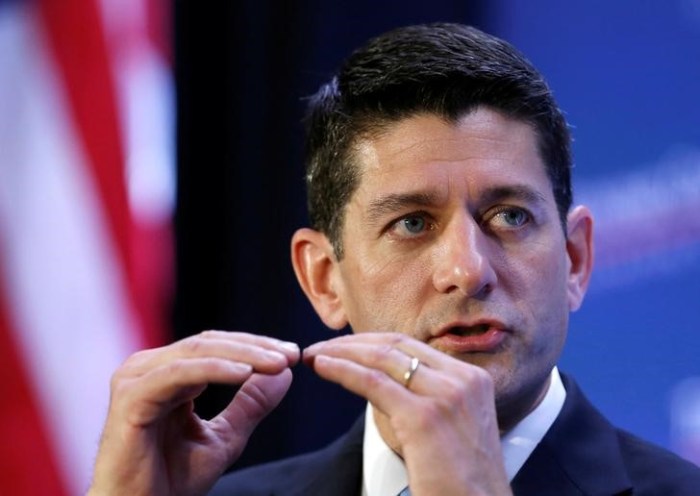By Susan Cornwell
WASHINGTON (Reuters) – U.S. House Democratic Leader Nancy Pelosi on Thursday said the recent cyber attack on Democratic politicians was “broad” and that Russians were clearly behind the breach, adding that the damage was still being investigated. “It is the Russians,” Pelosi told reporters at a news conference, referring to the recent breach affecting the Democratic Congressional Campaign Committee.
Pelosi called the attack, made public last month, an “electronic Watergate” akin to the 1972 burglary at Democratic Party headquarters at the Watergate office that upended the Nixon presidency. “This is a break-in.” Pelosi’s comments come on the heels of a New York Times report on Thursday that the cyber attack targeting Democrats was wider than first thought, with more than 100 party officials and groups were affected. The Democratic National Committee and U.S. Democratic presidential candidate Hillary Clinton’s campaign was also affected. Asked if she was personally targeted, Pelosi said she did not know.
“We are assessing the damage,” Pelosi told reporters, adding that she could not speak to the impact on any Democratic governors.
The Obama administration has not publicly named Russia as behind the attack, but investigators have concluded the attackers were directed by the GRU, Russia’s military intelligence service, and the FSB, the civilian espionage agency. Clinton has also pointed to Moscow. Russia has denied involvement in the breach.
A U.S. official familiar with the investigation said no evidence has been found so far that indicates the hackers got into Clinton’s personal server or any classified systems, but their footprints suggest they “paid special attention to accounts they thought might lead them to information of national security interest.” The official said the hackers apparently proceeded beyond the Democratic National Committee, the Clinton campaign, and the Democrats’ House of Representatives campaign committee to individual email accounts and probably other Democratic groups and individuals who emailed people using the accounts they first hacked. “The pattern fits what has come to be standard hacking practice,” said the official, who spoke on the condition of anonymity to discuss an ongoing investigation by government as well as private agencies. “You go as far as you can, hoping you find something useful.” (Reporting by Susan Cornwell; Additional reporting by John Walcott; Writing by Susan Heavey; Editing by W Simon and Lisa Von Ahn)
U.S. House Democratic leader blames Russians for ‘electronic Watergate’

By Susan Cornwell


















